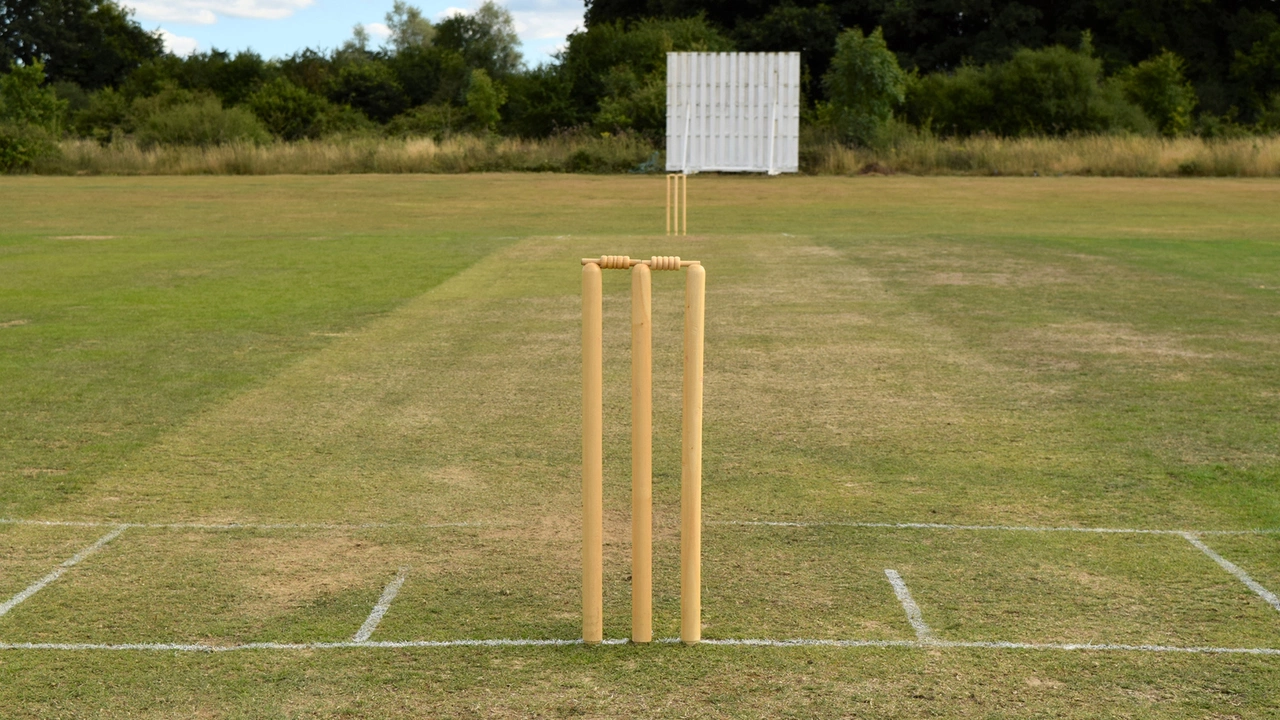Square Feet Explained: From Home Layouts to Real Estate Valuations
When talking about Square Feet, a unit of area commonly used in the US and a few other places to describe the size of rooms, apartments, or whole buildings. Also known as sq ft, it helps owners, renters, and developers compare space quickly.
Another key concept is Property Size, the total measurable area of a plot or structure, usually expressed in square feet or meters. Understanding property size lets you gauge how much you can fit inside a home or how a plot stacks up against market listings.
Then there’s Floor Area, the usable interior space of a building measured from wall to wall, typically reported in square feet. Floor area directly influences design decisions, from furniture placement to compliance with building codes.
Finally, Real Estate, the business of buying, selling, and renting land or structures, where square footage is a core pricing factor relies on accurate measurements to set fair values.
Why Square Feet Matter in Everyday Decisions
Ever wonder why a 1,200‑sq‑ft apartment feels spacious while a 1,200‑sq‑ft house can feel cramped? The answer lies in how square feet are allocated. A well‑designed floor plan uses every foot efficiently, while a poorly laid out one wastes space. That’s why architects and interior designers start with the square feet count and then map out zones for living, cooking, and storage.
Developers also lean on square footage when submitting planning applications. Take the affordable housing plan in Cardiff: the proposal lists the exact square feet for each new unit, ensuring the project meets council density targets and green‑space requirements. By stating the floor area, the developers show they can deliver the promised number of homes without overcrowding the site.
For homebuyers, square footage is a quick shorthand for value. In most markets, price per square foot is the metric that lets you compare a downtown condo with a suburban ranch. If a condo sells for £250 per sq ft and a similar house sells for £180 per sq ft, you instantly see where the premium lies. This metric also guides mortgage calculations, as lenders often set loan‑to‑value ratios based on the property’s square‑footage‑derived appraised value.
Conversion is another practical piece of the puzzle. Many international buyers think in square meters, so being able to flip 1,000 sq ft to about 93 m² (using the factor 0.0929) can close a deal faster. Simple calculators or even a quick Google search can do the trick, but knowing the math helps you double‑check the numbers yourself.
Beyond housing, square footage plays a role in commercial settings too. Retail stores calculate rent per square foot, and warehouses plan storage racks based on available floor area. Even streaming services like Humax’s Freely box consider the square footage of a living room when suggesting optimal speaker placement for the best sound experience.
All these examples show that square feet isn’t just a number on a flyer—it’s a versatile tool that shapes design, finance, and everyday comfort. Below you’ll find a mix of articles that dive deeper into these topics, from real‑world housing projects to tips on measuring your own space accurately.
